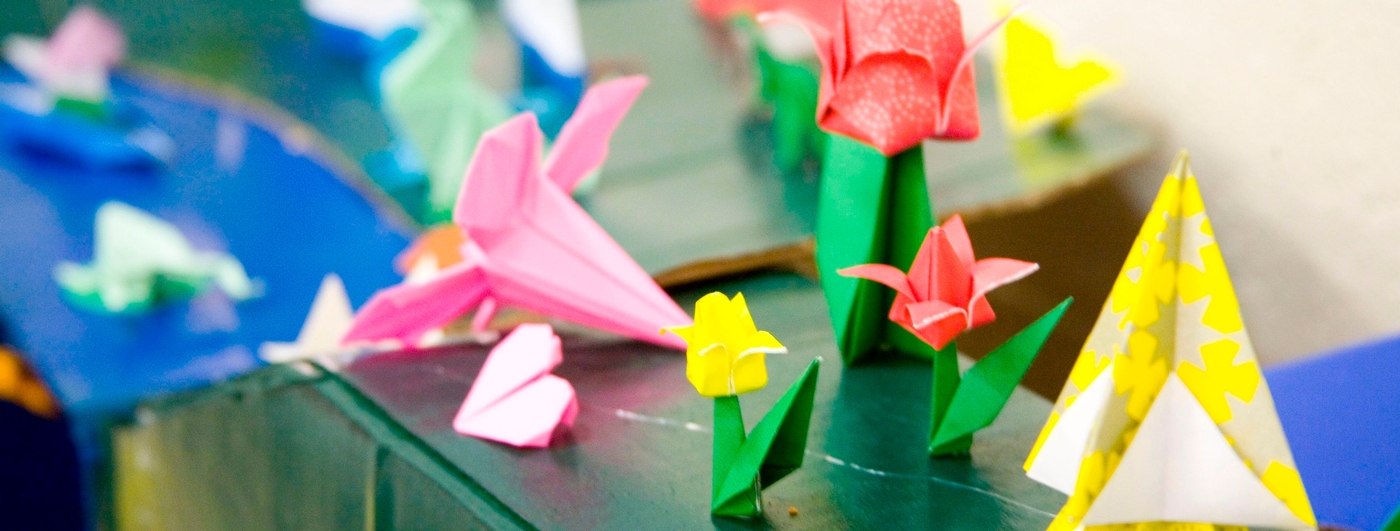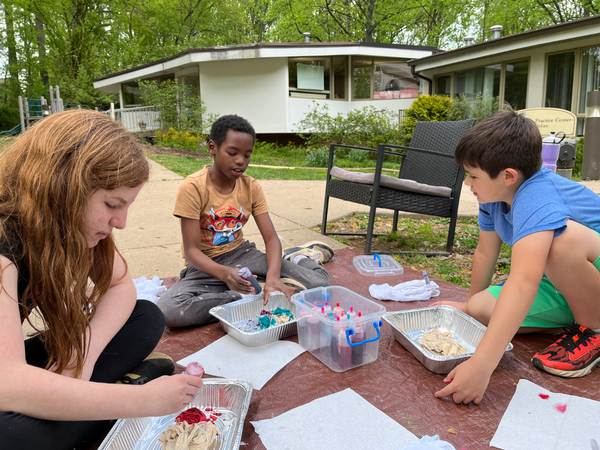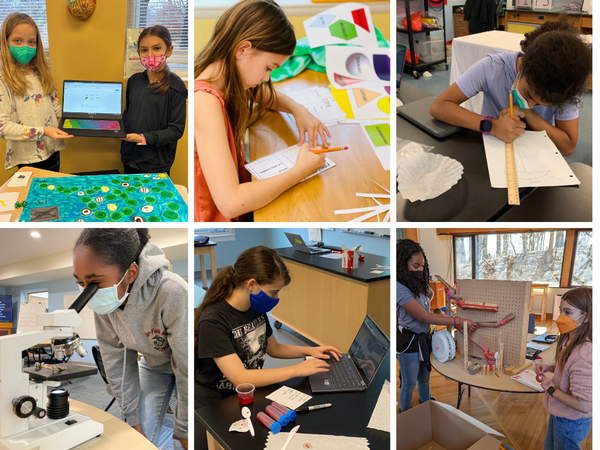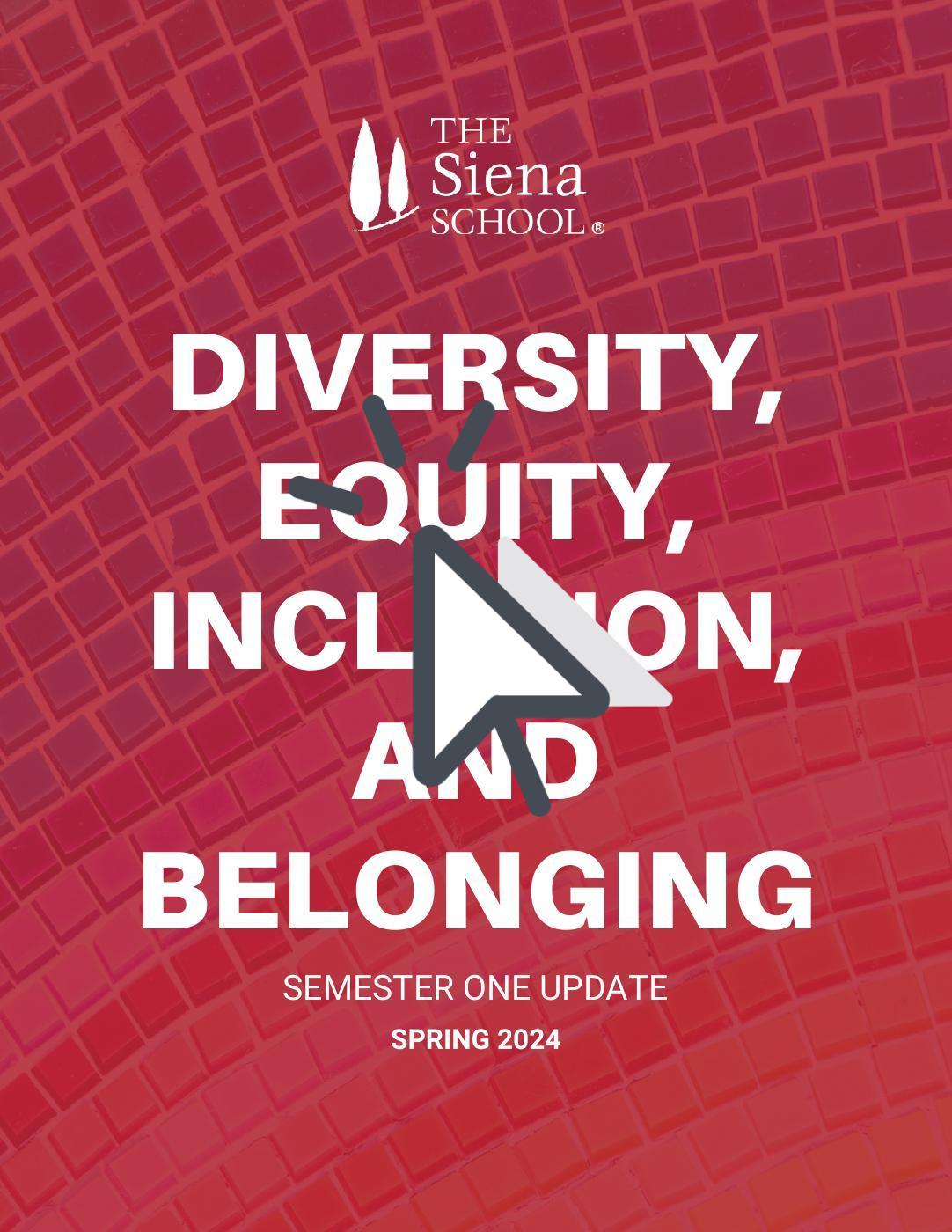Empowering students with language-based learning differences

Siena Blog



The Siena School Blog
Discover, Learn, Celebrate, and Empower
Welcome to Siena's blog, your source for helpful, cutting-edge resources tailored to teachers, parents, and other advocates in the learning differences community. We are dedicated to providing a wealth of curated knowledge spanning various topics, ranging from dyslexia advocacy and awareness to classroom teaching strategies, heritage month profiles, and social and emotional health.
Summer Boredom Busters

Fun Summer Activities for Students
Another summer is here, and parents might be looking for good activities to both engage their children and give a little bit of structure to the days and weeks ahead.
Ideal summer activities for school-age children often entail movement, creativity, and interactivity; they might also be multisensory and tactile to further engage children’s brains and alleviate boredom.
Scheduling some regular activities has the dual benefit of keeping children active and giving their summer days some structure. Many studies have shown the benefits of structure for children, especially those with ADHD. ADDitude has some good resources for daily schedules for parents and children to adapt for the summer.
Ideas for Indoor Activities
- Take a trip to your local library and get a bunch of books—mix in some old favorites with new ones to keep children reading
- Pick a book or two to write or imagine a prequel, sequel, or other extension of the story as a creative exercise
- Take on some Lego challenges inspired by Lego Masters builds (see also their Lego YouTube Channel)
- Make fidgets from Lego or other materials (these can also help with focus and anxiety management throughout the year)
- Try some fun DIY crafts, repurposing, and upcycling of various materials around the house
- Enjoy some age-appropriate baking or cooking projects and turn your kitchen into a Mini Master Chef
- Have a family dinner and a movie marathon—maybe with food from your Mini Master Chef kitchen
- Try some at-home science experiments, such as these suggestions from Good Housekeeping, Tinybeans, and SplashLearn
- Make slime or homemade play dough
- Create some DIY board games, paper airplanes, musical instruments, and more
- Design a puzzle scavenger hunt with clues to find certain pieces—parents and children can even take turns!
Ideas for Outdoor Activities
- Let children practice outdoor art with some sidewalk chalk, finger painting, fence painting, or tie-dyeing
- Plan a backyard camping night
- Cool off and engage the senses with outdoor water fun
- Experiment with some backyard science—see Steam Powered Family and Childhood 101 for good ideas
- Have children design a DIY scavenger hunt or obstacle course to exercise their creativity and their bodies
- Make (or expand) a backyard garden
- Build a birdhouse or bird feeder and keep a list of which kinds of birds visit
- Take regular walks and create nature collages based on what children see and find
Whether they’re happening indoors, outdoors, or in both places, hands-on activities like these provide opportunities for creativity, imagination, and exploration. They not only keep kids occupied but also allow them to develop various skills while having a great time with their families and/or friends.
Resources for Fun Summer Activities
See these resources for additional activities and ideas to keep school-age children engaged this summer:
- Ann Dolin of Educational Connections recently shared this post with 10 Writing Activities for Kids This Summer, which includes suggestions for elementary, middle, and high school ages.
- 100 Summer Fun Ideas for Kids and Parents (Very Well Family)
- 24 Low-Cost Summer Activities for Kids (Parents)
- 20 New Ideas and Activities to Try This Summer (PBS KIDS for Parents)
- Get Ready for Summer! Ideas for Teachers to Share with Families (Reading Rockets)
Last summer, Siena’s blog featured pieces on summer reading ideas for elementary, middle, and high school ages and tech skills to practice over summer break.
The Siena School proudly serves students with dyslexia and other language-based learning differences in grades 3-12 on campuses in Silver Spring, Maryland, and Oakton, Virginia.
Spotlight on Girls in Science at Siena

“I used to hate the thought of science. At Siena it’s a lot more fun, and I’ve learned a lot about how to become a scientist.” —Siena Middle School Student
It’s no secret that there’s a STEM Gap for girls and women ranging from K-12 and postsecondary education to the workforce. This overview from the American Association of University Women cites a few factors contributing to the gap—such as gender stereotypes, a lack of female role models for young girls in STEM, and struggles with math and science confidence.
It’s especially urgent, then, for K-12 teachers to ensure that all of their students feel supported in STEM classes. As Siena’s Middle and High School Science Teacher Kanika Staten stresses, “It’s important for teachers to cultivate an interest for girls in the sciences early—ideally in elementary school—and encourage them when they have an aptitude for the sciences.”
To further commemorate Women’s History Month 2022, Siena is highlighting some of our female student and teacher voices from science classes. Science is an integral part of Siena’s curriculum, first introducing students to foundational concepts in elementary school and eventually refining their focus, skills, and advanced interests in high school.
Siena’s Science Role Models
Like her STEM colleagues at Siena, Staten sees the importance of developing girls’ STEM successes, mindsets, and confidence: “Teachers have to show students meaningful examples of people doing work in the sciences who look like them and have had similar struggles.”
A Siena middle school student admires Judy Resnik (space shuttles Discovery and Challenger) and Haley Arceneaux (Inspiration4) as her predominant role models for women in the sciences. Resnik, who earned a PhD in Engineering from the University of Maryland, was the first American Jewish woman in space. A physician assistant at St. Jude Children's Research Hospital and childhood cancer survivor, Arcenaux was a medical officer on the recent all-civilian mission in 2021.
A Siena high school student feels inspired by Albert Einstein since he was also dyslexic. Another high schooler feels inspired not by a specific person but by a type of person: “I admire anyone who’s willing to speak up—especially if it’s against a corporation hurting the environment. I also admire people who are willing to have conversations and to change their views of things if they discover new facts.”
Assistant Head of School (and former Math and Science Department Chair) Jennifer Chambers cites women environmental scientists, such as Sylvia Earle and Rachel Carson, as her scientific role models as both a teacher and environmentalist.
Finding inspirational voices helps girls and young women to be passionate about the sciences, as well as to think early about STEM career paths. Chambers adds: “Siena helps develop girls’ scientific mindsets (such as taking risks, being curious, and learning from failures) from elementary grades all the way through high school.”
At all grade levels, writing is an important component of the sciences at Siena; students write reflections, science journal entries, lab reports, and more as they progress through the curriculum. Since starting at Siena in 8th grade, a high school student feels she’s “grown more willing to accept that my ideas can always improve and focus.” She’s also learned how important it is “to put scientific ideas into clear, basic words to make science accessible for a wide range of people so they become educated.”
Siena Girls’ Voices in the Sciences
Hear from Siena students about what motivates them in science classes:
“I like doing experiments. When we did the Magic Milk experiment, I liked how when the two mixtures were combined the reaction was different colors.” —Elementary Student
“I like science because I like learning about nature.” —Elementary Student
“Since starting at Siena in 6th grade, I have a better grasp and more confidence in writing about science and understanding how the world around me works.” —Middle School Student
“I’ve always liked science—it’s very engaging and hands-on. The fun thing about science is failing—and then learning and improving from the failure.” —Middle School Student
“I like how our teachers let us explore and give us cool topics to investigate.” —Siena Middle School Student
“It’s been interesting learning about the different types of sciences since elementary school at Siena. I’ve always enjoyed it.” —High School Student
“Debating about science topics is very fun. Looking at both sides of an argument and having to research a position is engaging for me.” —High School Student
A high school student appreciates learning about scientific concepts that extend beyond the classroom and overlap with social and political issues. She points to environmental science and sustainability, which “affects me most as a human.” Regardless of where her career path takes her, she feels ready for it to involve the sciences, as well as for “being that advocate who people go to for change.”
Resources for Girls and Women in STEM
See these science-themed podcasts:
- 60-Second Science
- Are We There Yet?
- How I Built This
- Invisibilia
- Radiolab
- Science Friday podcasts
- Science Rules!
- Wow in the World
See also these recent books from and about women in the sciences:
- Maggie Aderin-Pocock, Dr. Maggie’s Grand Tour of the Solar System and Book of the Moon: A Guide to Our Closest Neighbor
- Eileen M. Collins, Through the Glass Ceiling to the Stars
- Hope Jahren, Lab Girl
- Sarah Stewart Johnson, The Sirens of Mars: Searching for Life on Another World
- Katie Mack, The End of Everything (Astrophysically Speaking)
- Liza Mundy, Code Girls
- Lauren Mwale, The Shuri Effect: Bridging the Gap for Young Black Women in STEM
- Annie Murphy Paul, The Extended Mind: The Power of Thinking Outside the Brain
Learn more about Siena’s STEM curriculum:
- Elementary Science and Math
- Middle School Science and Math
- High School Science, Math, Robotics, and Engineering
Lastly, see Siena’s blog for related material on successful women:
- Spotlights on astrophysicist Maggie Aderin-Pocock, poet and activist Amanda Gorman, and Olympian and activist Meryl Davis.
- Posts from Assistant Head of School Jennifer Chambers on the virtual science classroom and creating an authentic learning experience.

